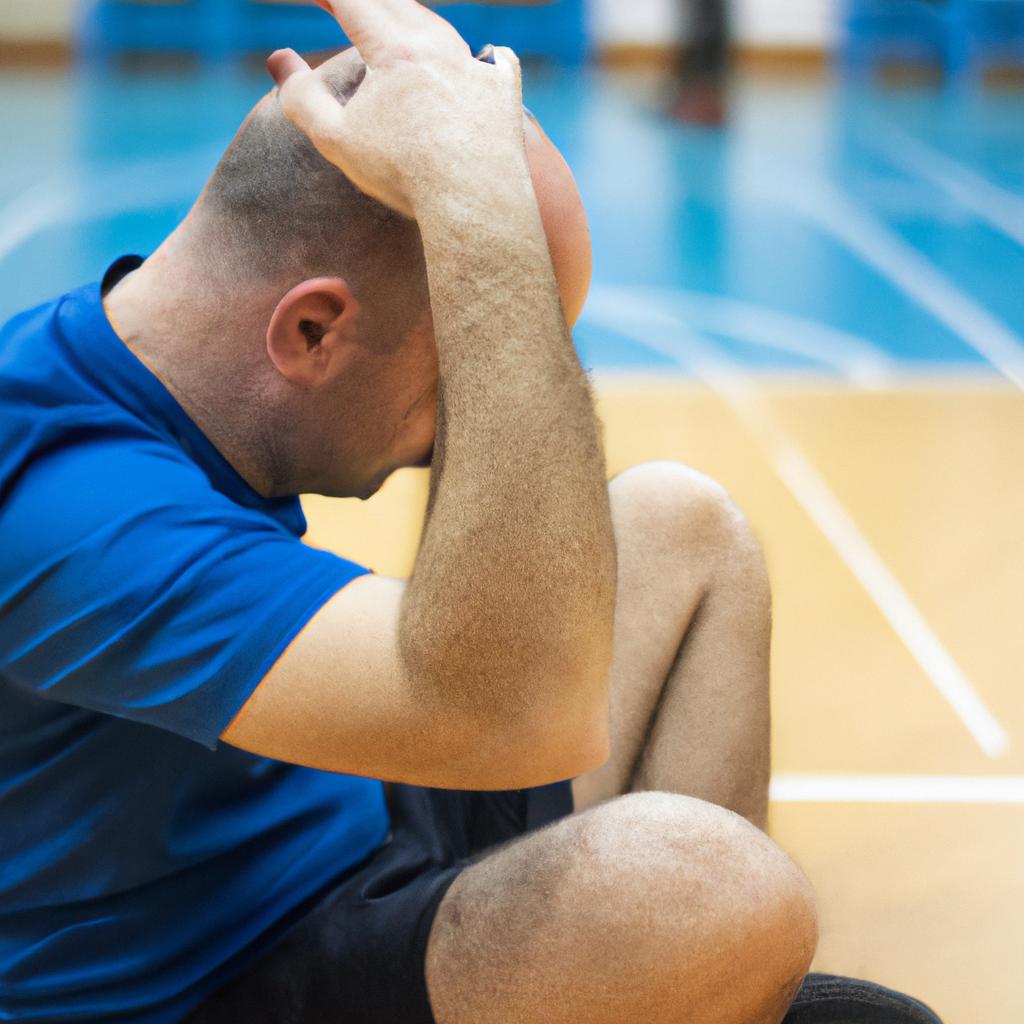The Role of Mindfulness Techniques in Enhancing Athletic Performance During High-Pressure Situations.
The Role of Mindfulness Techniques in Enhancing Athletic Performance During High-Pressure Situations
Athletes face immense pressure during competitions. High-stakes moments provoke anxiety, self-doubt, and emotional turmoil. Mindfulness techniques help athletes manage these emotions effectively. They promote focus and enhance performance when it matters most. This blog will explore mindfulness benefits for athletes, the science behind these practices, and practical tips for training and competition.
Understanding Mindfulness
Mindfulness means being fully present and engaged without judgment. It encourages individuals to observe their thoughts and feelings without feeling overwhelmed. Athletes can practice mindfulness through meditation, breathing exercises, or focused attention on their movements. These practices cultivate greater awareness, enabling athletes to navigate competition challenges with clarity.
The Impact of Stress on Performance
High-pressure situations trigger stress responses in athletes. This response leads to increased heart rates, muscle tension, and negative thoughts. Stress impairs concentration and decision-making abilities, making peak performance difficult. Anxiety can also cause physical symptoms like nausea or fatigue. Mindfulness techniques can mitigate these stress responses by promoting relaxation and focus.
When athletes practice mindfulness, they train their minds to stay calm and centered during adversity. This mental training allows athletes to approach competitions with confidence and control, leading to improved performance.
Techniques to Enhance Mindfulness
Athletes can implement various mindfulness techniques to enhance performance under pressure. Here are effective methods:
1. **Breathing Exercises**: Deep breathing calms the nervous system and reduces anxiety. Athletes can focus on their breath before a competition. Inhale deeply through the nose and exhale slowly through the mouth. This practice centers the mind and prepares the body for action.
2. **Body Scan Meditation**: This technique involves scanning the body for tension and consciously relaxing each part. Athletes can focus on tight areas, allowing them to release physical stress. This practice enhances physical relaxation and fosters mental clarity.
3. **Visualization**: Athletes can visualize their performance, imagining themselves executing each movement perfectly. This technique prepares the mind for competition and reinforces positive outcomes. Visualization builds confidence and improves motor skills through mental rehearsal.
4. **Mindful Movement**: Incorporating mindfulness into training enhances physical awareness. Athletes can focus on each movement during practice, paying attention to body mechanics and technique. This awareness promotes better performance and reduces injury risk.
Nutrition Tips for Mindfulness and Performance
Nutrition significantly impacts athletic performance.
Conclusion
In summary, mindfulness techniques empower athletes to manage pressure. These practices enhance focus, promote relaxation, and improve overall performance. Athletes can use these insights to reach their full potential.
Below are related products to the topic if you’re interested:
FAQ
What are mindfulness techniques and how can they benefit athletes?
Mindfulness techniques involve being fully present and engaged in the moment without judgment. For athletes, these practices, such as meditation, breathing exercises, and focused attention on movements, can help manage anxiety, enhance concentration, and improve overall performance during high-pressure situations. By cultivating greater awareness, athletes can navigate competition challenges with clarity and confidence.
How does stress impact athletic performance?
High-pressure situations can trigger stress responses that lead to increased heart rates, muscle tension, and negative thoughts, impairing concentration and decision-making abilities. These stress-induced reactions make it difficult for athletes to perform at their peak. Mindfulness techniques can help mitigate these responses by promoting relaxation and focus, allowing athletes to maintain control during competitions.
What are some effective mindfulness techniques athletes can practice?
Athletes can implement several mindfulness techniques to enhance their performance, including deep breathing exercises to calm the nervous system, body scan meditation to release physical tension, visualization to mentally rehearse successful performances, and mindful movement to enhance physical awareness during training. These practices help athletes stay centered and improve their performance under pressure.















Post Comment